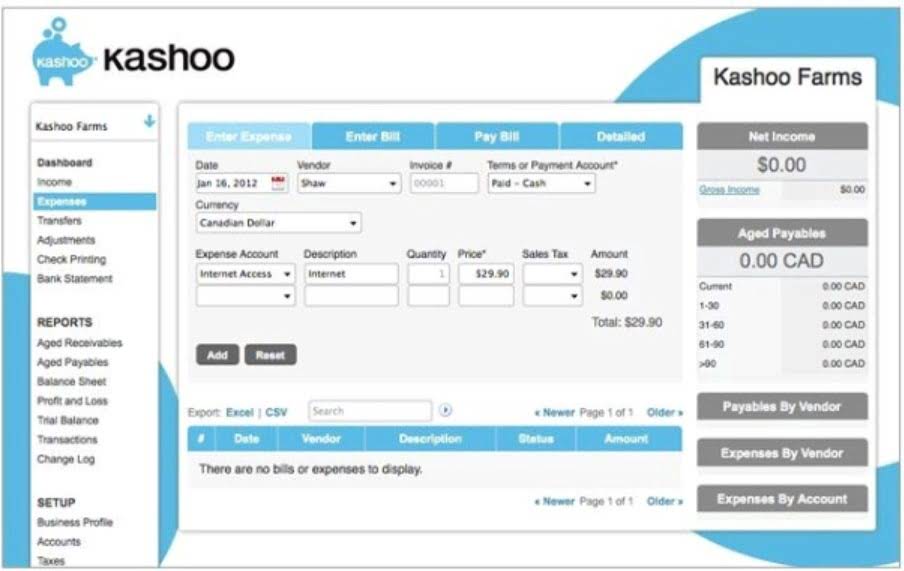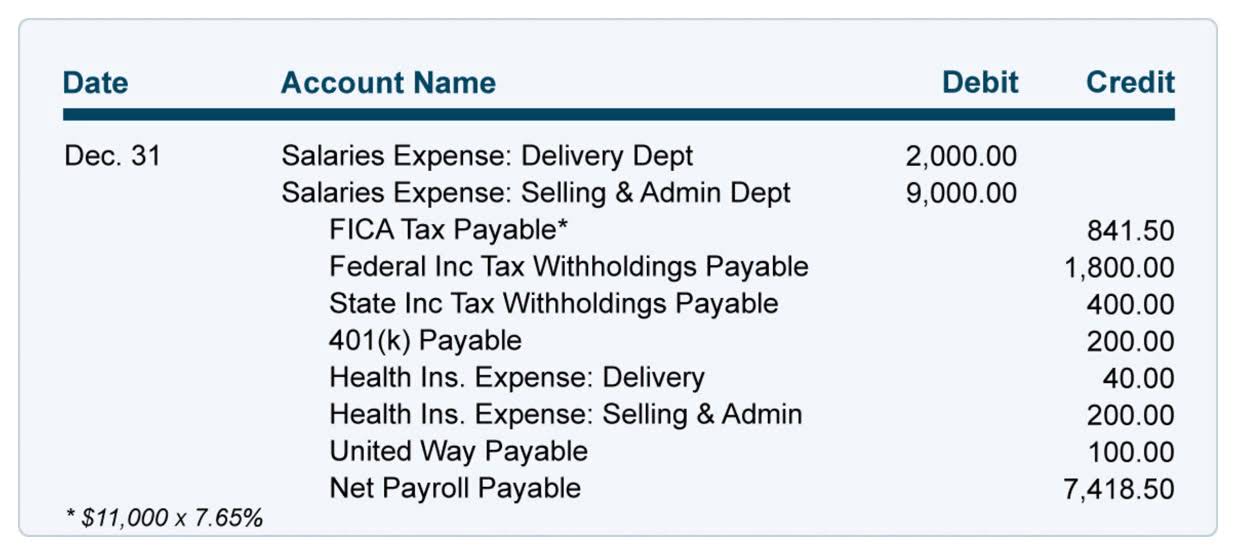LLC Accounting: Everything You Need to Know


This can provide tax benefits, as owners may be able to take advantage of certain deductions and credits that are not available to other types of business entities. As a single member LLC, if you pay personal expenses directly with your business profits, you’ll pierce the corporate veil. To maintain liability protection (and keep your bookkeeping organized), you need to pay yourself through distributions.


Open Business Bank Accounts
- However, LLCs do pay sales taxes in states where the LLC does business.
- Each has advantages and disadvantages so it’s important to understand both methods before moving forward.
- While focusing on Federal income tax issues, this all-in-one guide also addresses estate planning for members and asset protection.
- An LLC, also known as a limited liability company, can’t be defined as a partnership or a corporation.
Cash-basis accounting lets businesses use a mix of accounts such as cash, liabilities, assets and accounts payable. While this method gives an accurate overview of a business’ perceived income, it does not allow you to track loans, liabilities and inventory. It also does not give an accurate representation of your business’s status because you won’t be able to see unpaid transactions and expenses until the compensation is sent.
You must file sales tax (in some states).


To set up your LLC’s accounting system, begin by opening a business bank account and obtaining an Employer Identification Number (EIN). Choose an accounting method (cash or accrual) and select accounting software to track income and expenses accurately. Maintaining separate accounts also assists in tracking income and expenses related to the business, making tax preparation easier while minimizing potential legal issues. For example, if an LLC owner uses their personal account for business transactions, it can lead to confusion when trying to identify deductible business expenses during tax time. These include annual reporting fees and business license renewal fees.
Domestic LLCs
LLCs using registered agent services will pay annual fees for the service. LLCs pay no income taxes, because LLC income flows through to owners’ personal tax returns. However, LLCs do pay sales taxes in states where the LLC does business.


SMLLCs (Single Member Limited Liability Companies) vs. LLCs
By doing so, accurate financial record-keeping of the company’s financial health becomes more manageable. Once you have a Tax ID number, you will need to open business accounts for the new LLC. It is important to separate business transactions from personal transactions fully. Therefore, having different banking and credit card accounts is necessary. Comingling assets between personal and business accounts can create tax problems, credit issues, and legal challenges.
Should I keep my personal and business finances separate?
A reduction in tax liability is another accounting-related benefit of an LLC. As a separate legal entity, an LLC can benefit from certain tax laws that are not available to sole proprietors or partnerships. It’s best to work with an experienced accountant or CPA to identify potential tax law advantages.


PPC’s Guide to Limited Liability Companies
Likewise, you can show which bills your business has already paid and any expenses or liabilities that have yet to be dealt with. This method makes it easy to keep the unique situation of each sale or bill up to date, making adjustments when each item is satisfied or keeping notes of anything still outstanding. Though the cash-basis accounting technique has advantages, there are notable setbacks.
Turn receipts into data for tax time ✨
Use our receipt tracker + receipt scanner app (iPhone, iPad and Android) to snap a picture while on the go. Personal funds and business transactions should always remain separate methods of accounting for llc in the interest of the business and to remain in compliance. FICA requires LLCs to pay self-employment taxes and contributions toward Medicare and Social Security.
- You will attach a Schedule C to your 1040 tax form to report business income.
- Insights on payroll management from ADP are a useful source of information.
- Therefore, setting up an LLC is a great way to manage the finances of a business and offers many benefits.
- Outsourcing can provide expertise without adding full-time staff, while handling it in-house offers more control but requires time and knowledge.
- Overall there are lots of considerations when deciding the right entity for you so make sure that you talk to your tax advisor to ensure that entity is right for you.
- An LLC is treated as a pass-through entity by default, which means profits and losses are reported on each member’s individual tax return.
